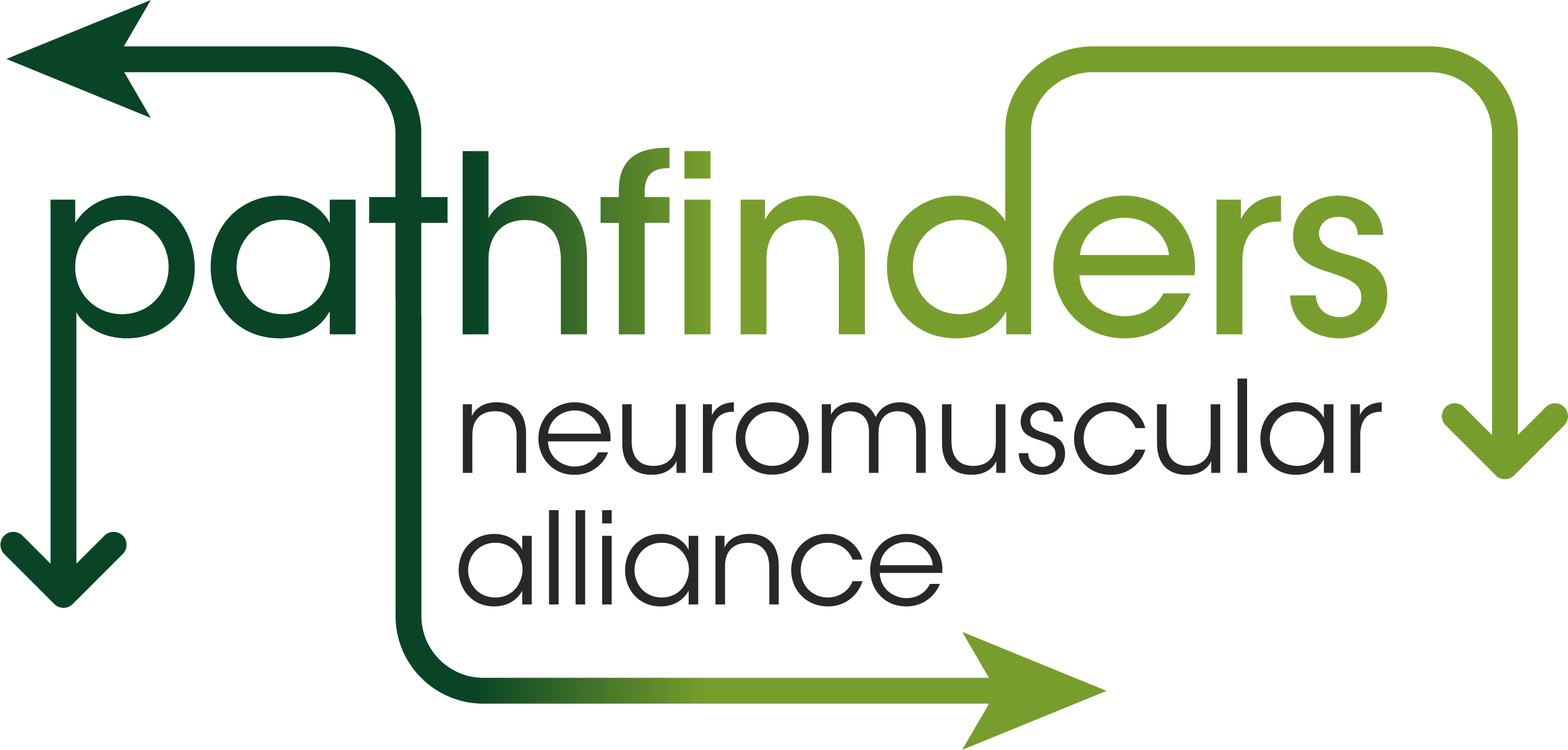(Original Paper by Dr Janet Hoskin from the University of East London, and Dr Claire Wood from Newcastle University)
We can all get a bit embarrassed when it comes to talking about sex. But sex is a natural part of life—and did you know that real, academic research is done about sex all of the time?
Dr Janet Hoskin, a researcher from the University of East London and supporting member of Pathfinders, along with Dr Claire Wood, an endocrine doctor from Newcastle University, have done just that. They have conducted a study looking into sexual health and fertility in people with Duchenne muscular dystrophy (DMD). Because people with some disabilities need a lot of different medical support, topics like sex can sometimes be forgotten about.
At the moment, most young people with DMD take a high dose of steroids that delays puberty. In many cases, young people are offered testosterone treatment by doctors who are experts in hormones, called endocrinologists. Because doctors are so focused on supporting their patients medically, they can forget what a sensitive and embarrassing topic sex can be. Having conversations and feelings around sex overshadowed by medical jargon can be really frustrating, and leave people with big gaps in their knowledge…but no idea who to ask about it!
Dr Hoskin and Dr Wood have flipped this norm on its head by interviewing six young men with DMD about their views and experiences with sex and fertility. They have spoken to two online focus groups, with all of the participants being 18 years of older, and who are involved with Pathfinders and/or Duchenne UK. To make sure that everyone’s views were properly understood, the conversations were written down verbatim (exactly as said), and then broken down into themes. The five themes which came up from these discussions were:
- The need for communication and information about sexual health
- Dealing with fear of rejection
- Physical barriers to sex and relationships
- Testosterone and fertility treatment
- Fertility and parenthood
The interviewees talked about how little information there is about sex, their fears around being rejected by potential partners, and the ways their disability changes their relationship to sex, fertility, and being parents. Because these ideas were brought up by different people with DMD, Dr Hoskin and Dr Wood now know people with DMD face similar issues when it comes to sex and having children. This study shows that sexual health and relationships aren’t talked about enough in relation to living with DMD.
The big take-away from this study is that people with DMD are being failed because of a lack of information and support on sex and relationships. People with DMD don’t all think the same way: they each have unique experiences, beliefs, and choices. However, every person with DMD has a right to good, useful information around sex, sexual health, and parenthood.
The more we listen to people with DMD about their experiences, the more we can change how we talk about these difficult subjects—and make even the embarrassing parts of life more accessible. If you’d like to read Dr Hoskin and Dr Wood’s original paper, you can do so here.

